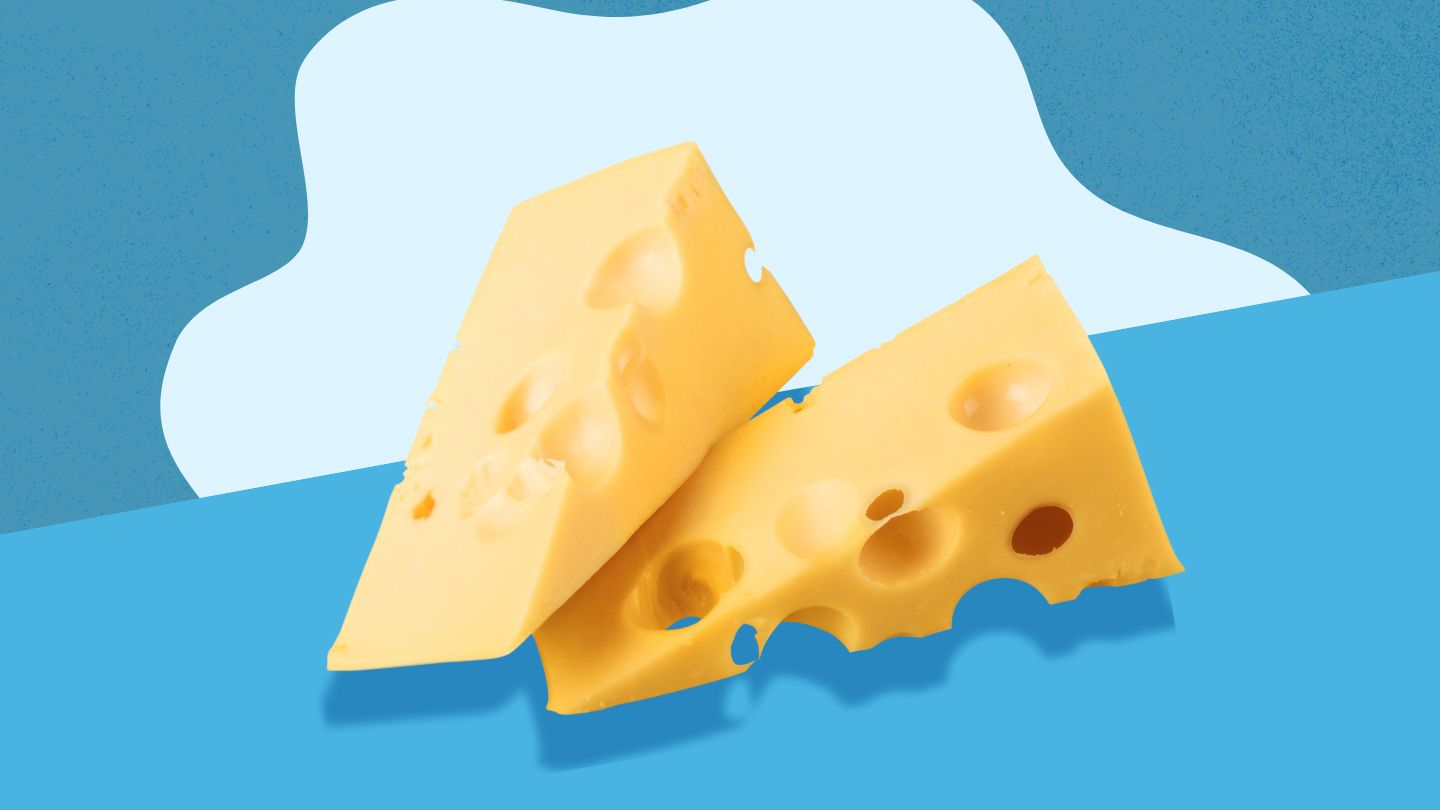You’ve probably heard someone blame a bizarre dream on late-night snacking; maybe you’ve even noticed a connection yourself. But are those experiences one-offs — or could there be a deeper issue?
A new study of college students in Canada suggests that certain foods, especially dairy, may cause nightmares because of lactose intolerance.
Lactose intolerance occurs in people who have difficulty digesting lactose, a sugar in dairy products, resulting in excess gas and other gastrointestinal issues.
“Lactose intolerance showed a very robust association with nightmares,” says a coauthor of the study, Tore Nielsen, PhD, a professor of psychiatry at the University of Montreal. “Since we know that lactose intolerant individuals often eat dairy anyway, it may be that the dairy is causing gastrointestinal symptoms during the night,” he says.
Nightmares Are Worse in People With Lactose Intolerance
It’s quite common for people to believe the foods they eat influence their dreams, but there’s almost no research exploring the connection, according to the study authors.
For the new study, researchers asked more than 1,000 students about the quality of their sleep, their eating habits, and their belief about a possible link between the two.
Key findings included:
- While only 5.5 percent of participants reported that specific foods clearly affected their dreams, 40 percent felt that diet quality affected their overall sleep quality.
- About 1 in 4 students said certain foods made their sleep worse, while 20 percent believed some foods helped them sleep better.
- Among those who did notice a connection, sweets and dairy were the most commonly blamed for disturbing dreams and nightmares.
“Nightmares are worse for lactose intolerant people who suffer severe gastrointestinal symptoms and whose sleep is disrupted,” said Dr. Nielsen in a press release.
“This makes sense, because we know that other bodily sensations can affect dreaming,” he explained.
These nightmares can have lasting repercussions, he said, especially if they happen regularly, because you end up waking in a bad mood, and may even start avoiding sleep — which can prevent you from getting good-quality rest.
Could Nightmares Signal an Undetected Food Issue?
As to whether dream patterns could signal that something in your diet isn’t agreeing with you, Nielsen says that’s possible.
“Dreams often reflect bodily changes — so-called ‘prodromal’ dreams. However, our findings don’t really speak to that question,” he says.
It’s possible that painful gas or stomachaches during sleep could cause disturbances that lead you to wake up abruptly in the middle of dreaming, says Marie-Pierre St-Onge, PhD, a professor of nutritional science at the Columbia University Institute of Human Nutrition in New York City.
“In that case, you may recall your dreams more readily,” says Dr. St-Onge, who wasn’t involved in the new study.
As to whether lactose intolerance or dairy could cause nightmares, St-Onge says, “I’m not aware of research showing that specific foods influence the content of your dreams.”
40 Percent of Participants Believed Diet Affected Sleep Quality
St-Onge has some issues with the overall design of the study and the strength of the findings. The researchers were the participants’ professors, and students received extra points on their class grade for participation in the study — so the findings have to be viewed in that context, she says.
“Willingness to please the investigator is always a concern in research where participants provide opinions or self-report, and this is even more important in this study,” says St-Onge.
She points out that the 5.5 percent of participants who made a link between what they ate and dreams is relatively small, and only 13 people in the study said dairy as a group (not cheese specifically) led to disturbing dreams.
“Meanwhile, around 40 percent associated what they ate with the quality of their sleep — something that is measurable through various ways and has been shown to be true,” says St-Onge.
Think Your Diet Is Giving You Nightmares? Here’s What to Eat
“If nightmares are a frequent occurrence and are impacting your quality of life, and you suspect a relation with your diet, then it’s fine to experiment and see if removing the suspected culprit could help,” St-Onge says.
“If someone has lactose intolerance, they should not be consuming dairy, or at least consume only what they know to be tolerable for them. Anything that can cause GI distress will have an adverse influence on sleep,” says St-Onge.
But for people who don’t have this issue, completely cutting out dairy as a full food group would not be something she would recommend, because you would lose many healthy nutrients in the process.
Read the full article here




